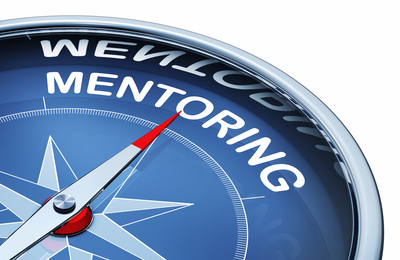As writers, we often find ourselves deeply entrenched in our craft, focusing on penning the perfect prose or creating compelling narratives. However, one crucial aspect that often gets overlooked is self-improvement and planning to grow as a leader. Developing as a leader is essential for any writer because leadership involves the ability to influence and impact others positively.
Whether you’re a seasoned author or a budding writer, embracing personal and professional growth can significantly enhance your experience as a writer and your work in impacting an audience.
Writing is not only about putting words on a page; it’s about creating impact and influencing readers through your message. To do this effectively, you need to see yourself as a leader. Leadership in writing means guiding your readers, whether it’s through storytelling, teaching, or persuasion. This role comes with the responsibility of setting an example, inspiring others, and driving change through your work.
To develop as a leader and writer, it’s vital to set clear, actionable goals. Start by assessing where you are and where you want to be. Do you want to enhance your writing skills, expand your knowledge base, or improve your leadership abilities? Your goals should be specific, measurable, achievable, relevant, and time-bound (SMART).
Here’s a framework to get started:
Start by evaluating your strengths and weaknesses. Reflect on your current skills and areas for improvement. Are you strong in narrative writing but need help with structure or editing? Identifying these will help you set focused goals.
Set short-term and long-term goals. Short-term goals could include attending a writing workshop or completing a chapter in your manuscript, while long-term goals might involve publishing a book or developing a new writing style.
Create an action plan for yourself. Break down each goal into smaller, manageable tasks. If your goal is to enhance your leadership skills, for example, you might start by reading books on leadership and applying their principles to your writing practice.
Check in with yourself and see how things are working. Regularly review your goals and adjust them as necessary. Celebrate your achievements and learn from setbacks. This will keep you motivated and focused on continuous improvement.
Effective writers continuously work on refining their skills. Beyond just writing, this includes developing leadership qualities, such as communication, empathy, and strategic thinking. Take advantage of courses, workshops, and seminars that focus on both writing and leadership. The Christian Writers Institute’s free course “Are You Ready to Write?” is an excellent starting point. This course will help you gain confidence, offering practical tips and resources to enhance your craft and plan your work.
Read books that inspire and challenge you. For leadership, consider Spiritual Leadership by J. Oswald Sanders and The 7 Habits of Highly Effective People by Stephen Covey. Both offer profound insights into personal and professional growth that can be applied to your writing and leadership development.
The most effective way to grow intentionally is to develop a plan. A leadership-development strategy is crucial for long-term growth. It involves creating a plan that focuses on both personal and professional development. Determine what kind of leader you want to be. Do you want to lead by example, inspire through your writing, or mentor other writers?
Setting clear leadership goals will guide your development efforts. Outline the steps you need to take to achieve your leadership goals. This could include attending leadership seminars, reading relevant books, or engaging in community service. Cultivate relationships with other writers, leaders, and mentors. Networking and building a supportive community can provide valuable insights and opportunities for growth. Regularly assess your progress and adjust your strategy as needed. Be open to feedback and be willing to adapt your approach to meet your evolving needs.
Self-improvement is a continuous journey for writers. By setting realistic goals, prioritizing skill development, and creating a robust leadership strategy, you can enhance your writing and make a significant impact.









